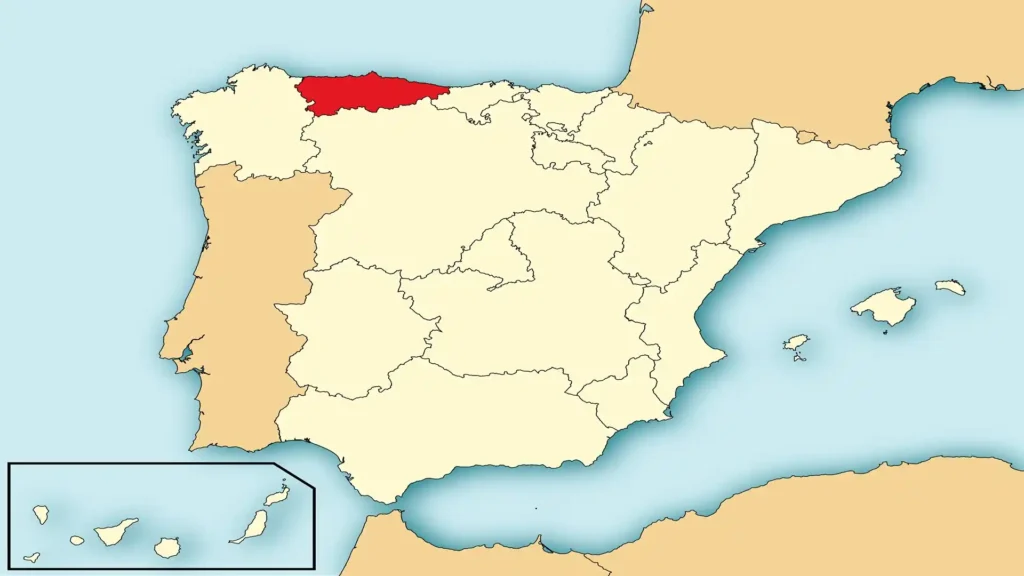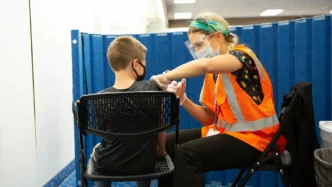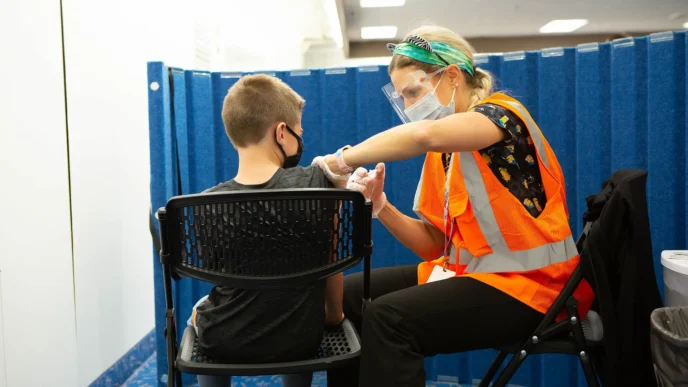Asturias, a region in northern Spain, is taking a bold step in the fight against bullying. They are the first in the country to make a peer mentoring program, called TEI, mandatory in schools. This initiative aims to create a safe and supportive environment for all students.
Key Facts of the TEI Program:
- What is the TEI Program?
- TEI stands for ‘Tutoring Among Equals.’ It’s a program where older students become mentors for younger ones. This helps build empathy and strong relationships.
- Mandatory Implementation:
- Starting this September, all primary and secondary schools in Asturias will implement TEI. Teachers are receiving special training to make the program successful.
- Student Participation:
- The program has been very well received in the schools where it has been implemented, with a very high percentage of student participation.
- Government Support:
- The regional government is fully supporting this initiative, investing resources to ensure its effectiveness. This shows their commitment to student well-being.
- Benefits of TEI:
- TEI promotes emotional well-being, reduces bullying, and creates a positive school climate. It teaches students valuable skills like empathy and respect.

The region of Asturias in northern Spain is set to become the first in the country to implement a mandatory peer mentoring program, known as TEI (Tutoring Among Equals), aimed at bullying prevention in schools. The regional government has begun training teachers for this initiative, which will be compulsory in primary and secondary schools starting this September. Older students will volunteer as mentors for younger pupils, creating a supportive student support environment and fostering empathy. The TEI program has shown significant success in other schools, with nearly all students willing to participate. The program will also include training for teachers and staff, and the regional government is investing in resources to ensure its effective implementation. This initiative highlights Asturias’ commitment to creating safe and inclusive learning environments for all students, focusing on school safety and emotional well-being.

Analysis and Relevance for English-Speaking Countries:
Asturias’ proactive approach to tackling anti-bullying programs through mandatory peer mentoring offers valuable insights for English-speaking countries grappling with similar challenges. Here’s a deeper look:
- Global Issue, Shared Solutions:
- Bullying is a universal problem, and the TEI program’s emphasis on fostering empathy and peer support resonates across cultures. Many English-speaking nations, including the United States, the United Kingdom, and Canada, are actively seeking effective educational initiatives.
- The TEI program’s structured approach, with clear roles for mentors and mentees, could serve as a model for schools looking to implement similar initiatives.
- The Power of Peer Influence:
- The TEI program recognizes the significant influence that peers have on each other. By empowering older students to become positive role models, it creates a powerful force for change within the school environment.
- This approach aligns with research in social psychology, which highlights the importance of peer relationships in adolescent development.
- Emphasis on Emotional Well-being:
- The TEI program’s focus on “emotional tutoring” underscores the importance of addressing the emotional roots of bullying. This is particularly relevant in English-speaking countries, where there’s a growing awareness of the need to promote mental health and well-being in schools.
- Adaptability and Cultural Context:
- While the TEI program has demonstrated success in various contexts, it’s crucial to acknowledge the importance of adapting it to the specific cultural and social dynamics of each school and community.
- Factors such as school size, demographics, and existing anti-bullying policies should be considered when implementing similar programs.
- Long-Term Impact:
- Implementing these types of programs, especially starting at such a young age, will create adults that have more empathy, and more tools to resolve conflicts.
Bullying is a global issue, and TEI offers a promising solution. Its focus on peer support and emotional well-being resonates with schools worldwide. By adapting this model, other countries can create safer and more inclusive learning environments.
In conclusion, Asturias’ initiative is a promising example of how to create safer and more inclusive school environments in Spain education. Its success could provide valuable lessons for English-speaking countries seeking to address the pervasive problem of bullying.
 English
English Español
Español












